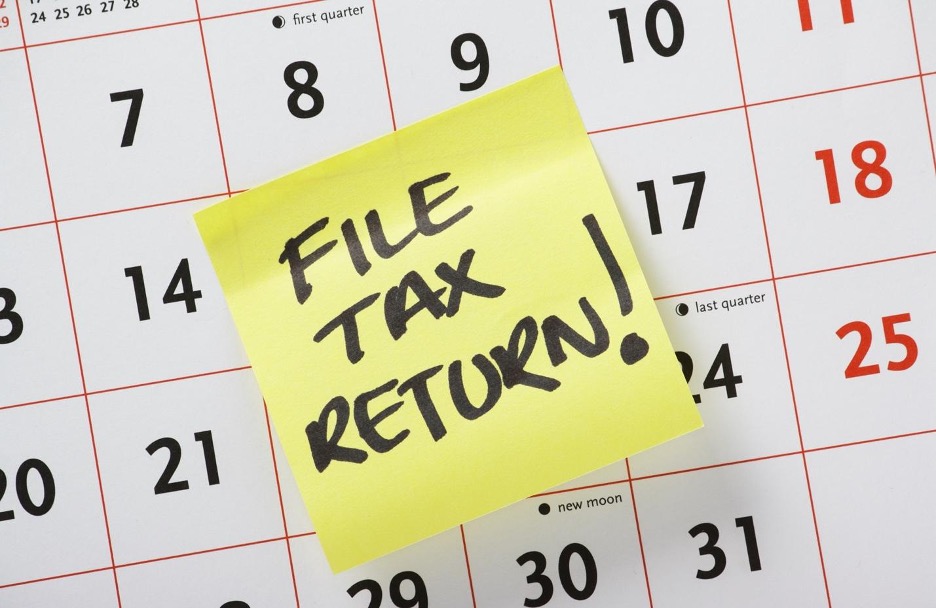Getting the Jump on Your Taxes in 2023.
How will taxes impact your outlook for the rest of 2023? This article lays out the major details to keep you in the know.
Hey, guess what? It’s your favorite time of year — tax time!
OK, so maybe that’s a bit of an exaggeration, but there’s no reason tax season has to be the ordeal most people view it as. Getting better informed can make the typical filing slog a breeze, so what are you waiting for? Dive into these fast facts to prepare for what’s ahead.

Refunds Will Probably Be Smaller
If you’re looking forward to a huge payday like last year, think again. Experts say most people will get smaller refunds, and there are a few reasons why.
For starters, pandemic-era programs like the enhanced child credit and higher charitable deduction limits are no longer in effect. Even though many taxpayers will fall into a lower bracket due to inflation adjustments, this seeming bonus really only helps those whose wages didn’t rise to catch up with inflation — it’s a catch-22.
For many people, this will come as bad news, but look on the bright side: Now that you know, you can avoid overspending in the lead-up to the due date. Speaking of which…

You’ll Get an Extra Few Days to File
April 15th, the normal tax due date, will be on a weekend this year. In other words, most filers will have until the 18th unless they also request extensions to postpone their filing dates until October 16.
Yeah, we know, a few extra days isn’t much — but it’s something. Just be aware that you’ll still need to pay by the April 18 deadline even if you file for an extension.
If you live in an area that was subject to a federal emergency declaration, then you don’t have to file your taxes until May 15. At the time of this writing, that applies to certain parts of Georgia, California, and Alabama, so be sure to check ahead of time.

It Should Be Easier to Get Help
As part of the Inflation Reduction Act, the IRS augmented its workforce by about 5,000 customer service personnel. So at least you know where your money is going, right?
The good thing is that you might not have to wait as long to get assistance if you need it. While there’s no word yet on whether taxpayers will also be able to get their returns faster, we wouldn’t recommend betting on it.

Side-hustling Taxpayers Have One Less Form to Deal With Than They Anticipated
Last year, the IRS was mulling over whether to enact a new tax reporting threshold. The so-called $600 rule would have required third-party payment companies, like PayPal, Venmo, and Square, to provide 1099-K forms for everyone who received more than $600 in exchange for services or goods.
The good news here is that the IRS delayed implementing this rule. While this doesn’t mean you can get away with not reporting the income, you’ll have one less paperwork headache to worry about.

Are You Ready to File?
While several things are changing, the fundamental takeaway is the same as in most years: The deadline is coming, so know the rules that apply to your case. Also, remember that if your adjusted gross income (AGI) was less than $73,000, like the vast majority of Americans, you can do your taxes and file for free — so that’s one more way to save money.


